
The B2B platform for the best purchasing descision. Identify and compare relevant B2B manufacturers, suppliers and retailers
Close
Filter
Result configuration
Continents
Select continent
Locations
Result types
Company type
Select company type
Industries
Select industry
Company status
Select company status preset
Number of employees
Min.
Max.
Founding year
Looking for more accurate results?
Find the right companies for free by entering your custom query!
25M+ companies
250M+ products
Free to use
Technologies which have been searched by others and may be interesting for you:
A selection of suitable products and services provided by verified companies according to your search.
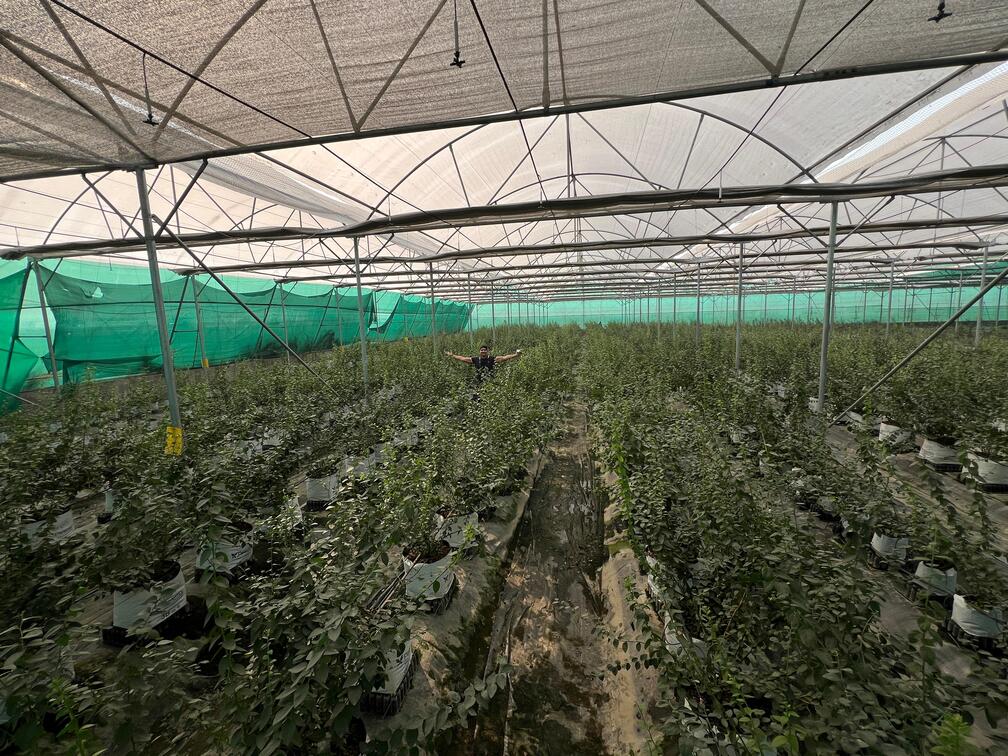
Service
Greenhouse
Go to product
Product
8' wide Freestanding Greenhouse
Go to product
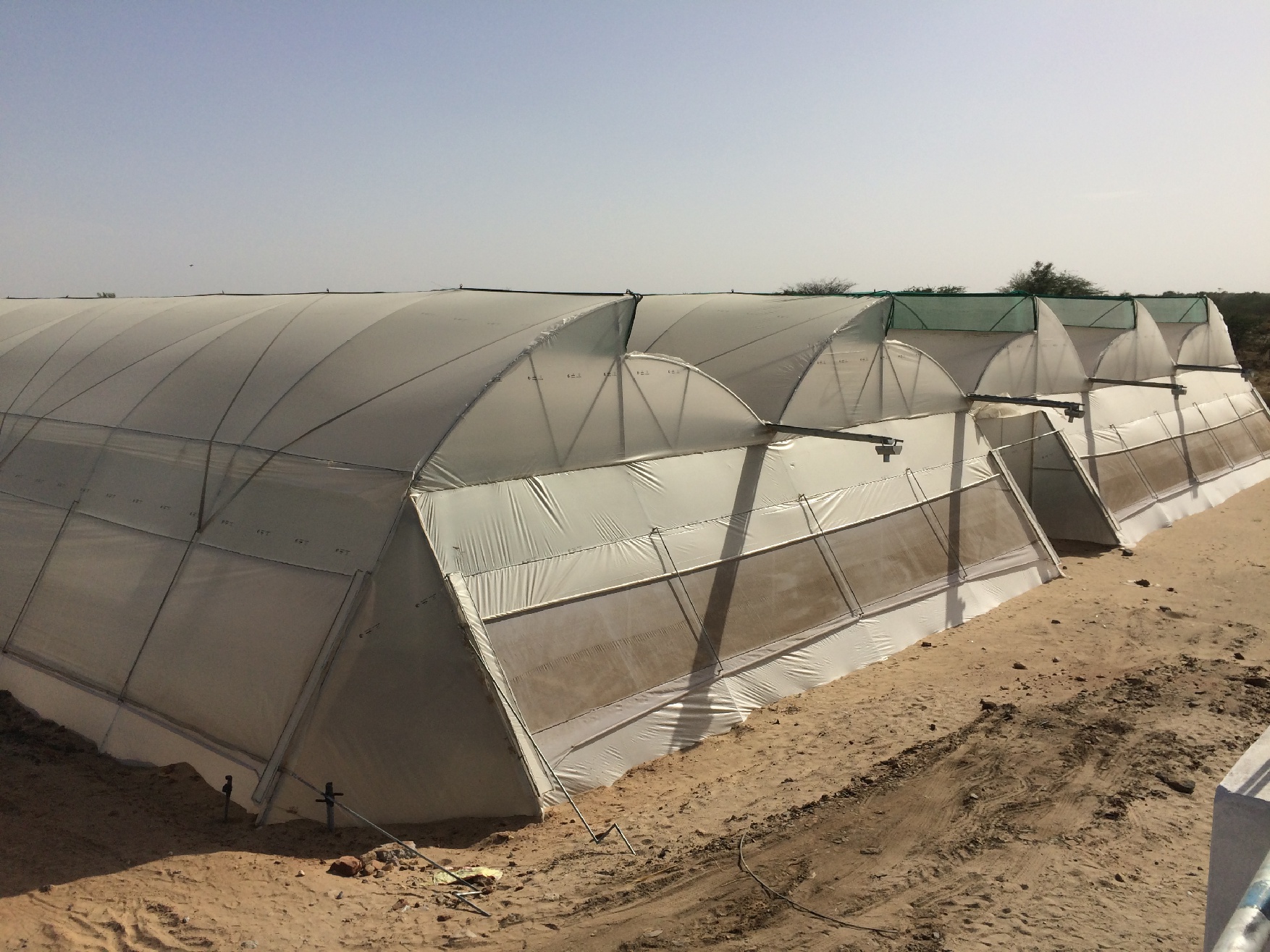
Product
Polyhouse
Go to product
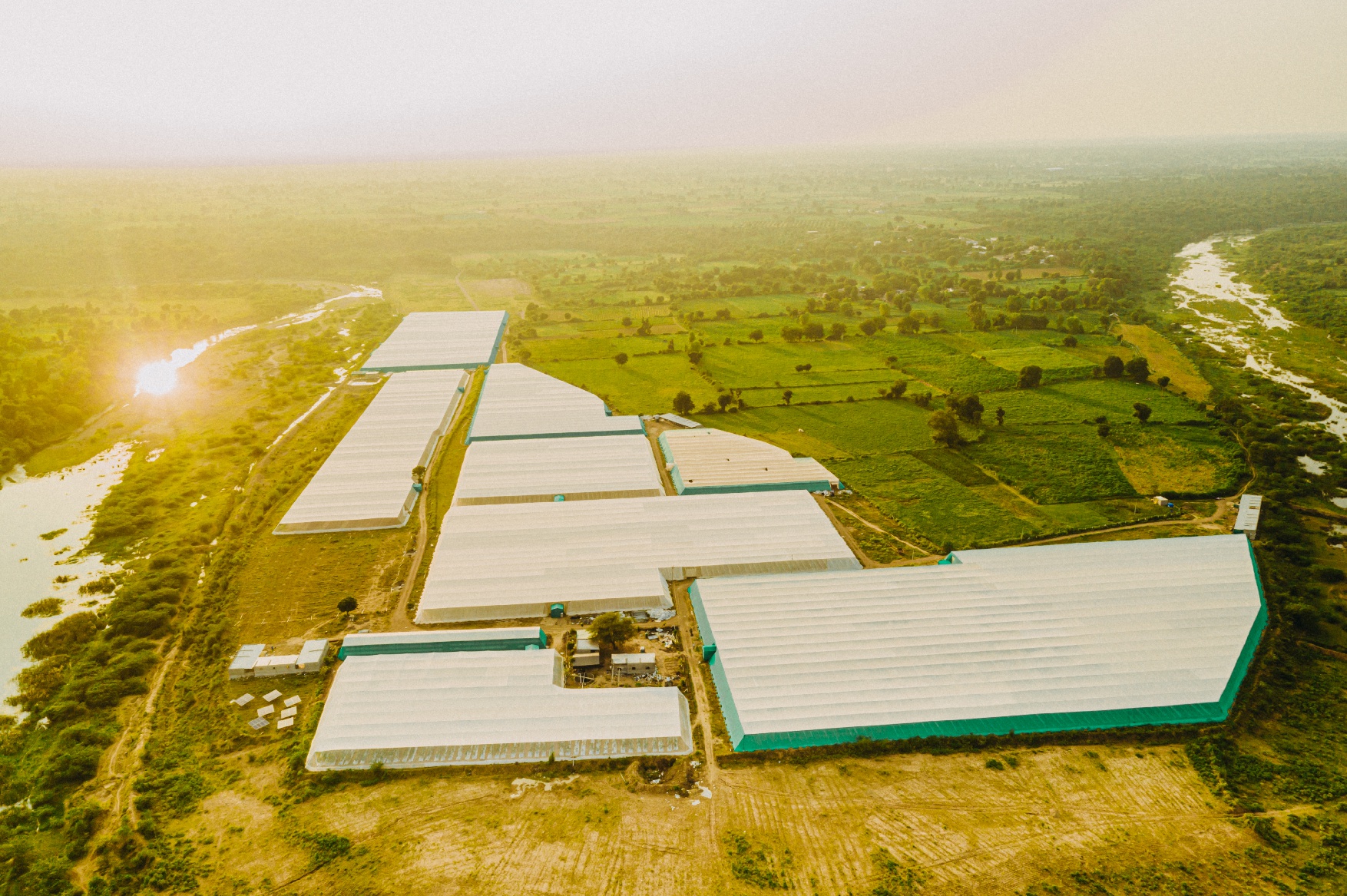
Product
Shade Nethouse
Go to product
A selection of suitable use cases for products or services provided by verified companies according to your search.
Use case
Cedar Greenhouse Kit
Agriculture, Architecture
Cedar-Built Greenhouses specializes in manufacturing high-quality greenhouses made primarily from cedar wood, a material known for its durability, natural resistance to rot, pests, and decay, and aesthetic appeal. Their product range likely includes various sizes and customizable features to cater to different gardening needs, which might appeal to hobbyists and serious gardeners alike. Additionally, their use of cedar wood positions them as an environmentally friendlier option compared to plastic or metal alternatives, aligning with current consumer preferences for sustainable products.
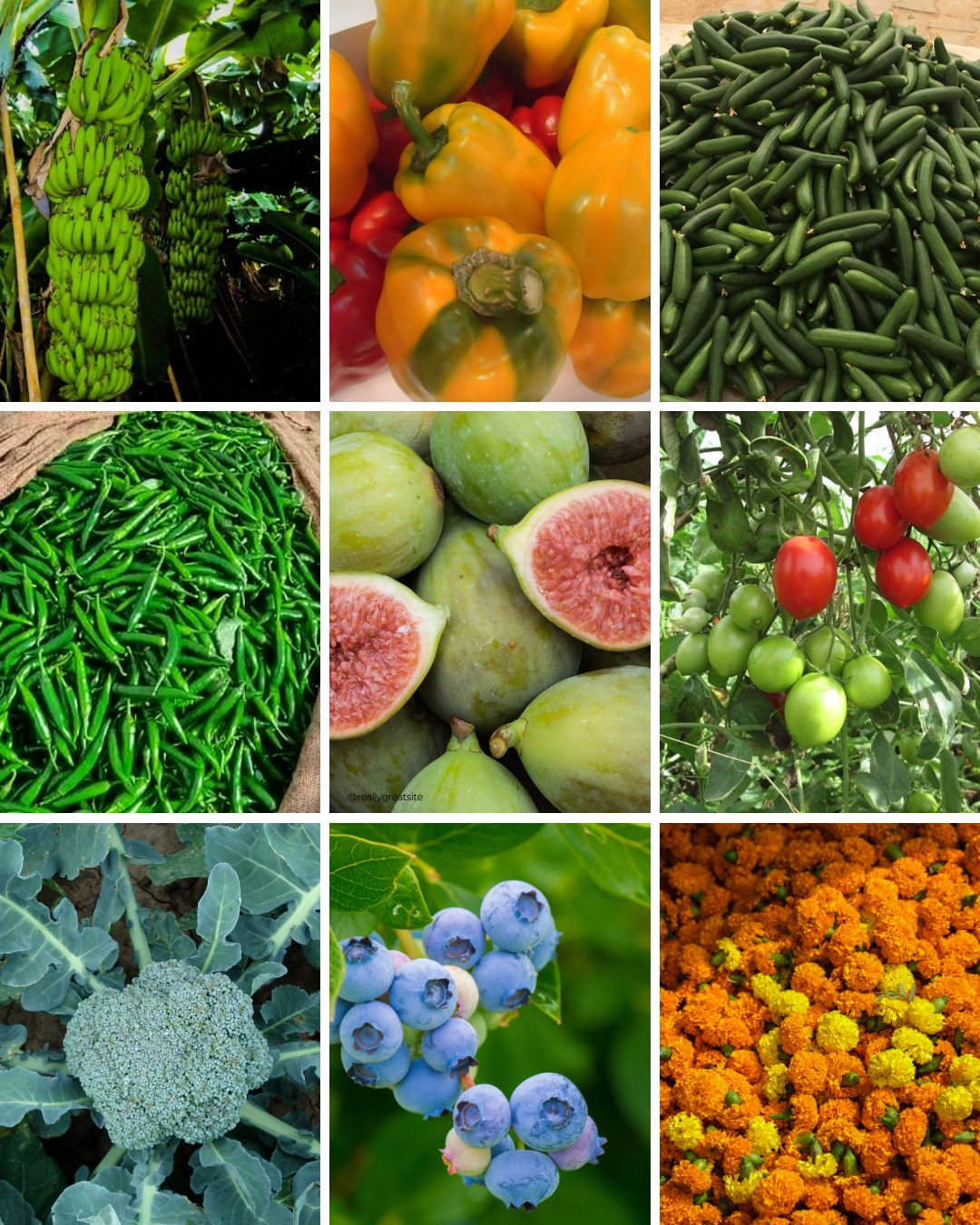
Use case
Vegetable under the Polyhouse
agriculture, Food
Vegetable Cultivation Under Polyhouse – High-Yield, Climate-Controlled Farming Growing vegetables under a polyhouse offers a controlled environment that enhances crop productivity, quality, and year-round availability. IG Aatreyas Pvt Ltd provides advanced polyhouse solutions that protect vegetables from extreme weather, pests, and diseases, ensuring higher yields with minimal losses. Polyhouse farming is ideal for cultivating tomatoes, capsicum, cucumbers, lettuce, spinach, carrots, and other high-value vegetables. With features like temperature regulation, humidity control, and efficient irrigation systems, vegetables grow faster, healthier, and with better nutritional value. The customized ventilation systems—whether naturally ventilated or fan and pad-cooled polyhouses—help maintain optimal growing conditions throughout the year. By adopting polyhouse farming, farmers can achieve higher profitability, reduced water consumption, and increased crop quality, making it a sustainable and future-ready solution for vegetable cultivation in India and global markets.
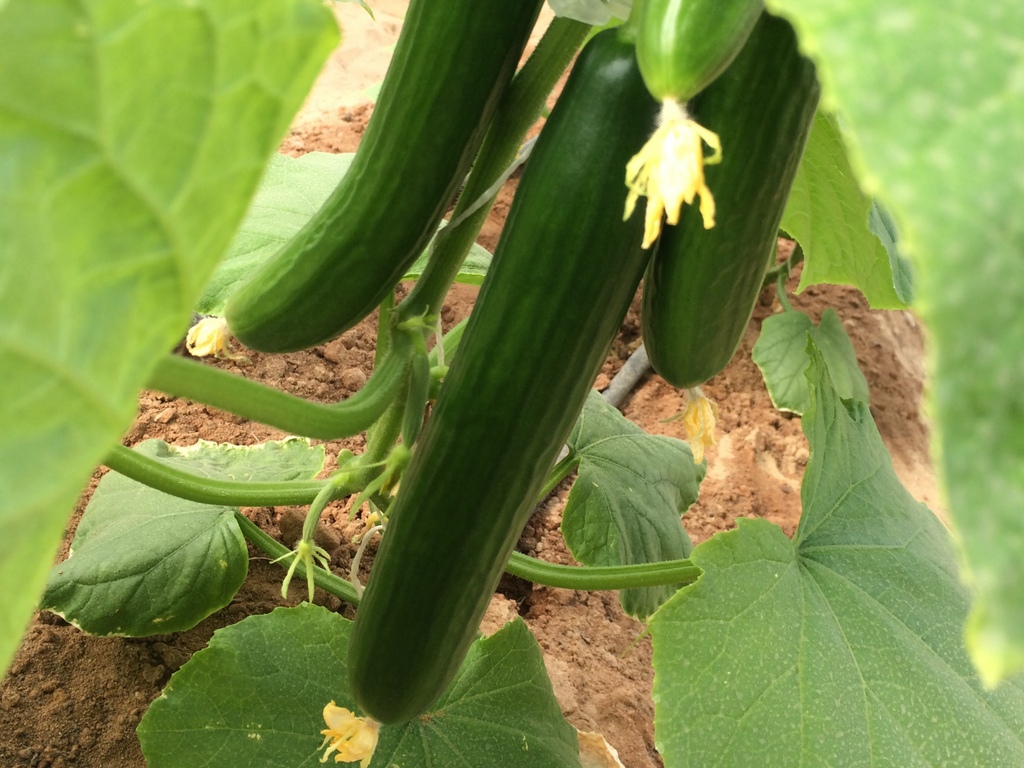
Use case
Vegetable under Shade nethouse
Agriculture
Vegetable Cultivation Under Shade Net House – Cost-Effective and Climate-Resilient Farming Growing vegetables under a shade net house provides a protected environment that reduces heat stress, prevents excessive water loss, and safeguards crops from harsh weather, pests, and diseases. IG Aatreyas Pvt Ltd offers durable and efficient shade net houses designed to optimize vegetable growth while ensuring better quality and higher yields. Shade net houses are ideal for cultivating leafy greens (spinach, lettuce, coriander), tomatoes, chilies, cucumbers, gourds, and other climate-sensitive vegetables. The customizable shade percentages (35%, 50%, 75%, or 90%) allow farmers to regulate sunlight exposure based on crop requirements, promoting healthy plant growth with balanced temperature and humidity levels. With low investment and high efficiency, shade net houses provide an affordable and sustainable solution for vegetable farming, helping farmers achieve better yields, reduced irrigation needs, and improved profitability in both Indian and global markets.
Use case
Cedar Greenhouse Kit
Agriculture, Architecture
Cedar-Built Greenhouses specializes in manufacturing high-quality greenhouses made primarily from cedar wood, a material known for its durability, natural resistance to rot, pests, and decay, and aesthetic appeal. Their product range likely includes various sizes and customizable features to cater to different gardening needs, which might appeal to hobbyists and serious gardeners alike. Additionally, their use of cedar wood positions them as an environmentally friendlier option compared to plastic or metal alternatives, aligning with current consumer preferences for sustainable products.
The greenhouse industry in Australia presents a range of key considerations for those interested in this sector. Firstly, understanding the regulatory landscape is crucial, as compliance with local and national agricultural regulations directly impacts operational processes. Additionally, water management is a significant challenge, particularly in regions prone to drought, making efficient irrigation systems essential. The industry also faces environmental concerns, including energy consumption and greenhouse gas emissions, prompting many operators to explore sustainable practices and technologies. There are ample opportunities for innovation, particularly in areas such as climate control systems and organic production methods, which cater to the growing consumer demand for sustainably sourced products. The competitive landscape is dynamic, with both local and international players vying for market share. Awareness of market trends, such as the increasing shift towards local food production and the rise of vertical farming, can provide insights into potential growth areas. Additionally, Australia's greenhouse industry is part of a larger global market, where trends and technological advancements abroad can influence domestic practices. To navigate this complex environment successfully, thorough research and a clear understanding of these factors are essential for anyone looking to enter the greenhouse sector in Australia.
Some interesting questions that has been asked about the results you have just received for Greenhouse
What are related technologies to Greenhouse?
Based on our calculations related technologies to Greenhouse are Biomedical (Red), Bioinformatics (Gold), Environmental Biotechnology (Grey), Agricultural Biotechnology (Green), Food Related Biotechnology (Yellow)
How does ensun find these Greenhouse Companies?
ensun uses an advanced search and ranking system capable of sifting through millions of companies and hundreds of millions of products and services to identify suitable matches. This is achieved by leveraging cutting-edge technologies, including Artificial Intelligence.